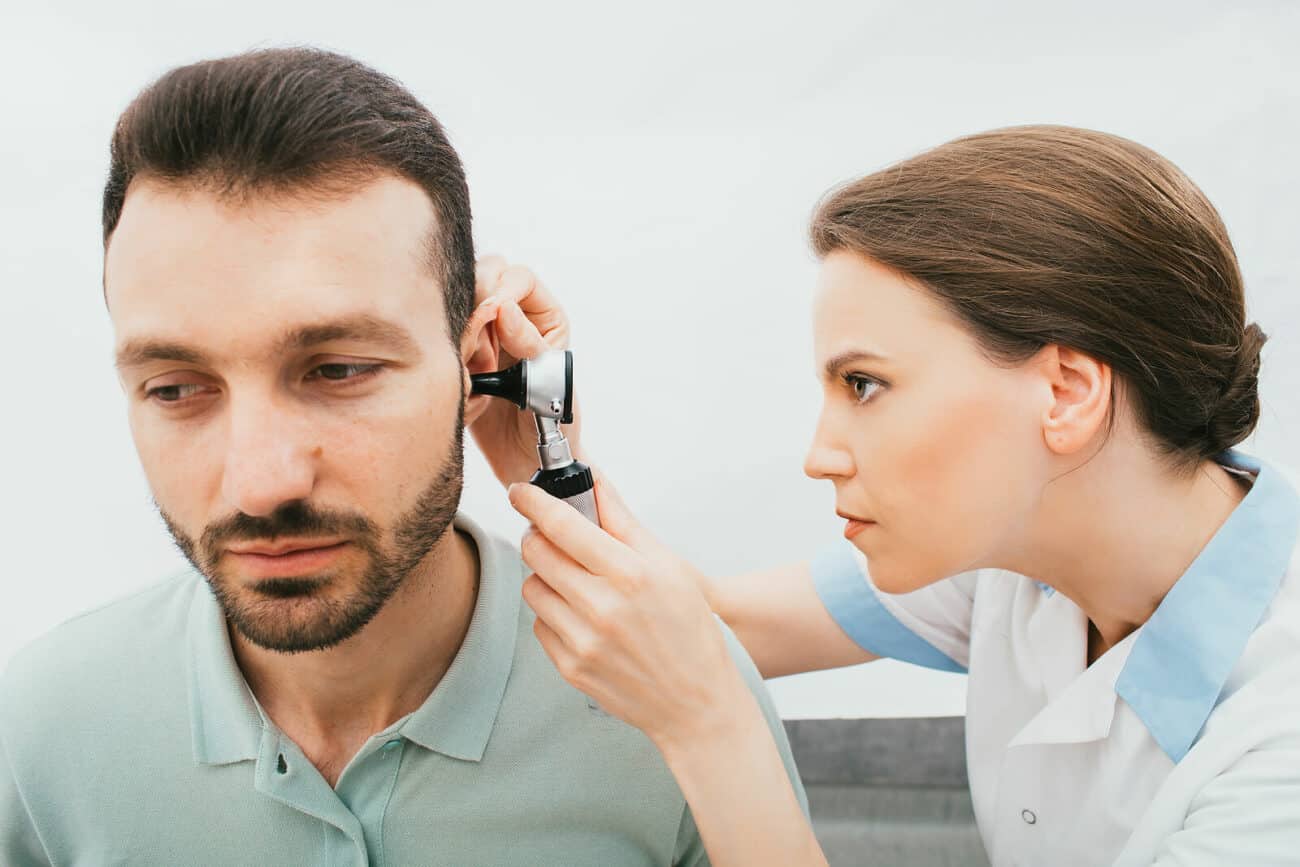- Everyday Sounds That May Be Making Your Tinnitus Worse - May 7, 2025
- The Hidden Dangers of Everyday Noise and How to Stay Safe - April 9, 2025
- World Hearing Day Serves as a Reminder to Prioritize Hearing Aid Maintenance - March 3, 2025
Living with hearing loss presents unique challenges, but the right hearing aids can make a world of difference. However, just as your hearing needs change over time, so too might your requirements for hearing aids. Understanding when it’s time to be re-fit for hearing aids is crucial for maintaining optimal hearing health and quality of life.
Changes in Hearing Ability
The most obvious sign that it’s time for a re-fit is a noticeable change in your hearing ability. If you find yourself struggling to hear conversations, turning up the volume on the TV or radio more frequently, or feeling like you’re missing out on sounds in your environment, it may be time to reassess your hearing aids. Even if you’ve been wearing hearing aids for some time, your hearing needs can evolve, requiring adjustments or new devices to accommodate these changes.
Comfort is paramount when it comes to hearing aids. If you experience discomfort, irritation, or pain while wearing your devices, it’s essential to address these issues promptly. Ill-fitting hearing aids can not only be uncomfortable but also ineffective in improving your hearing. A re-fit can ensure that your hearing aids fit properly, providing both comfort and optimal performance.
Hearing aid technology continues to evolve at a rapid pace, offering new features and capabilities designed to enhance the hearing experience. If your current hearing aids are several years old, you may be missing out on advancements that could significantly improve your quality of life. Re-fitting for hearing aids allows you to take advantage of the latest innovations, such as improved noise reduction, wireless connectivity, and customizable settings tailored to your specific needs.
Lifestyle Changes
Changes in your lifestyle can also necessitate a re-fit for hearing aids. Whether you’ve recently retired, started a new job, or taken up new hobbies, your hearing needs may shift accordingly. For example, if you now find yourself in more noisy environments or participating in activities that require better hearing performance, such as group fitness classes or social gatherings, your current hearing aids may no longer be sufficient. A hearing health exam can help determine if adjustments or new devices are necessary to accommodate these changes.
Sometimes, those closest to us notice changes in our hearing before we do. If friends, family members, or coworkers express concerns about your ability to hear or communicate effectively, it’s worth considering a re-fit for hearing aids. External feedback can provide valuable insight into how your hearing loss is impacting your relationships and daily interactions, prompting you to seek the support you need to address any challenges.
Regular hearing health exams are essential for monitoring your hearing health and ensuring that your hearing aids continue to meet your needs effectively. These exams allow hearing health professionals to assess your hearing abilities, identify any changes or deterioration, and make recommendations for adjustments or new devices as needed. By staying proactive about your hearing health and scheduling regular exams, you can stay ahead of any potential issues and maintain optimal hearing function.
Knowing when it’s time to be re-fit for hearing aids is crucial for maintaining good hearing health and overall quality of life. Whether you’ve noticed changes in your hearing ability, experienced discomfort with your current devices, or simply want to take advantage of the latest technological advancements, scheduling a hearing health exam is the first step toward addressing your hearing needs! So go forth and advocate for yourself!

